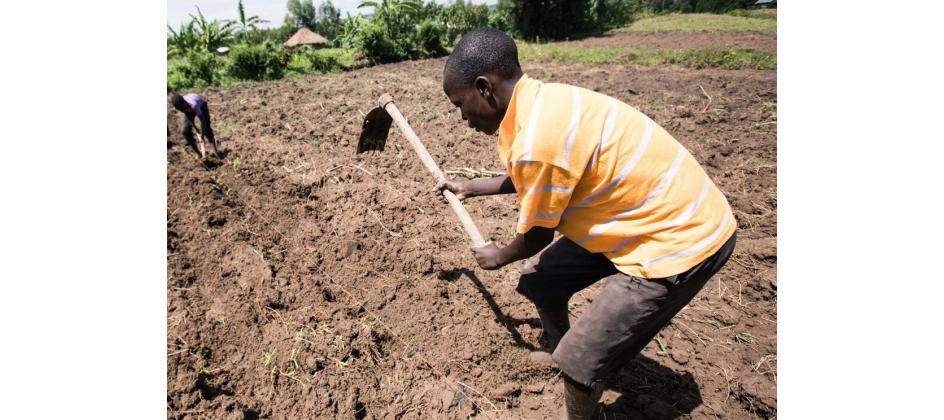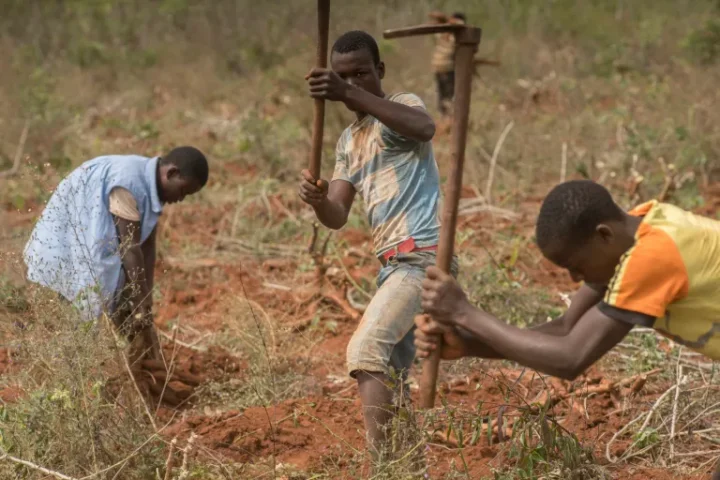As climate change accelerates across Africa, young people in rural farming communities are grappling with more than just the loss of crops and water—they are facing a growing mental health crisis.
A new study conducted in southern Madagascar highlights the psychological burden endured by teens whose daily lives are upended by persistent drought, dwindling food supplies and the collapse of familiar support systems.
The research, published in the Journal of Climate Change and Health, found alarmingly high levels of depression, anxiety, and climate worry among young farmers, many of whom have stopped attending school due to the economic pressures on their families.
“The fears that they go through are in the present tense, not the future tense? explained Samuel Solomon, a psychology professor at University College London (UCL) and co-author of the study.
The report, based on surveys of 83 adolescents with an average age of 15 across six communities, paints a grim picture. Nearly 90% of the teens had witnessed their families running out of food in the past year, and almost 70% had gone an entire day without eating.
In addition to these direct threats to survival, young people also struggle with the psychological impact of watching their environment transform. Once-fertile land has turned to dust, and access to clean water has become scarce.


“Before, despite the difficulty, we continued to go to school, but now we stopped because our parents have no income,? a teenager shared.
Experts argue that improving mental health outcomes for youth in these areas requires more than traditional therapy—it calls for climate-sensitive policy interventions. This includes ensuring food and water security, providing psychological support, and training young people in climate-resilient farming techniques.
Isabelle Mareschal, UCL professor of visual cognition, said it’s crucial that mental health strategies in Africa are grounded in the local context.
“It’s great to develop policies that are relevant to developed countries where people can get involved in activism, but in developing countries… the kind of solutions needed will be very different and will need to involve local voices,? she said.
Globally, however, there is a significant gap between the needs of climate-impacted communities and government responses. The World Health Organisation reports that just 3% of national climate plans include mental health support.
Experts now call for urgent action from African policymakers and development partners. Strengthening mental health care in rural farming regions must go hand-in-hand with broader climate adaptation efforts—especially if young farmers are to have any hope of building sustainable futures amid increasingly unpredictable conditions.










